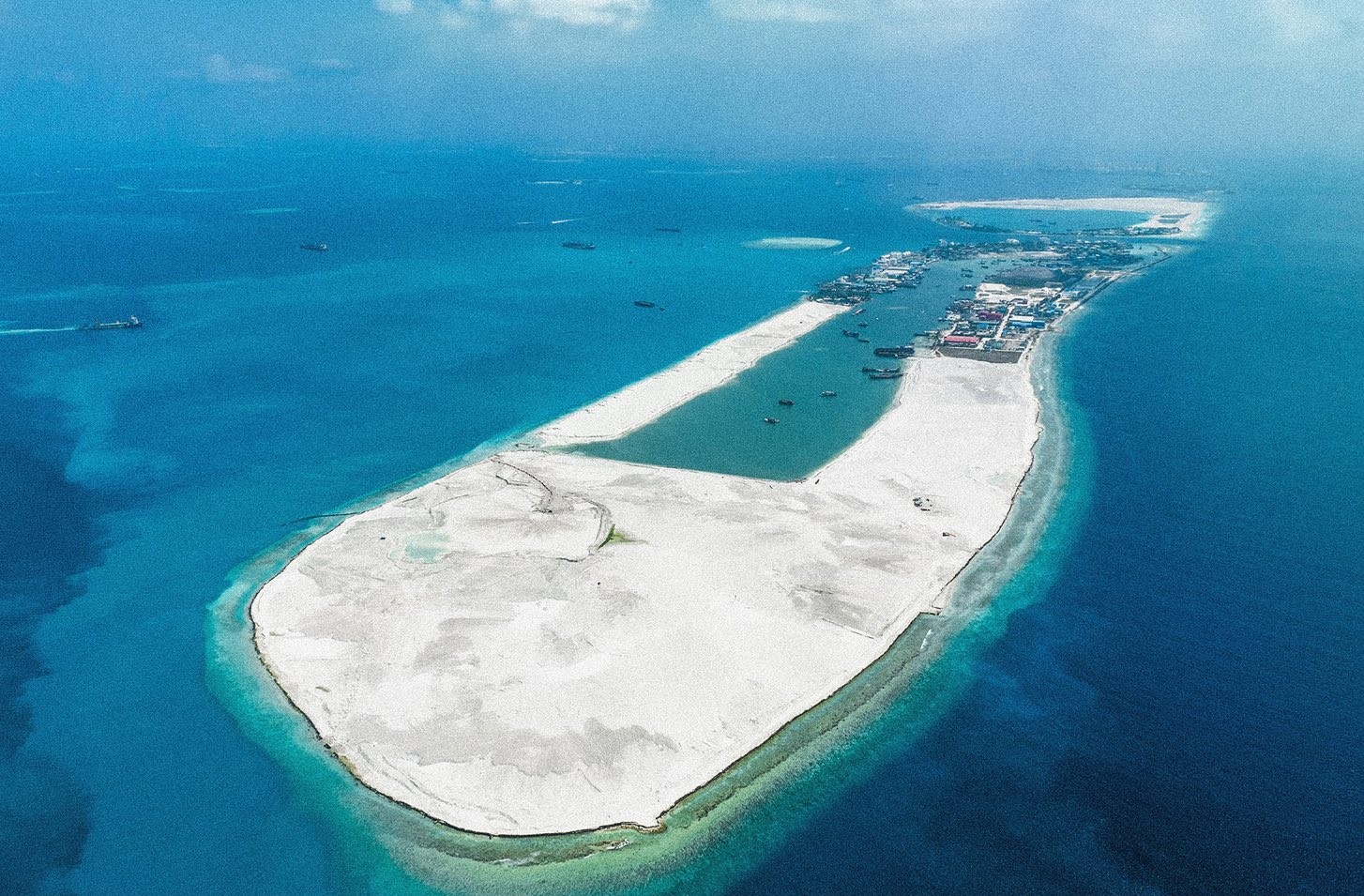The development of Gaza could face a retrogression by over four decades if the current Palestinian-Israeli conflict was to last for nine months, according to a UN report.
The report, issued on Thursday, reveals a joint study by the UN Development Programme and the Economic and Social Commission for Western Asia (ESCWA), which warns of sharp decline in the Human Development Index (HDI), a summary measure of well-being, in the Gaza Strip and Palestine amid the ongoing Palestinian-Israeli conflict.
The study showed that after nine months of the conflict, the HDI for Gaza could fall to 0.551, setting back progress by 44 years. For Palestine, development could retrogress by more than 20 years – to earlier than 2004.
“This assessment projects that Gaza will be rendered fully dependent on external assistance on a scale not seen since 1948, as it will be left without a functional economy, or any means of production, self-sustainment, employment, or capacity for trade,” said ESCWA Executive Secretary Rola Dashti.
As the conflict approaches its seventh month, the poverty rate in Palestine has surged to 58.4 percent and its GDP has plunged by 26.9 percent, resulting in a loss of $7.1 billion from a 2023 no-war baseline, the UN report showed.
At least 34,596 Palestinians have been killed and 77,816 wounded in Israeli attacks on Gaza since October 7, according to latest update by Palestine’s health ministry.
Hamas said on Thursday it is studying Israeli ceasefire proposals in a “positive spirit” and a delegation is set to visit Egypt soon for further talks, as Israel reiterates it will attack Gaza’s southernmost city of Rafah regardless.
Meanwhile, Israel launched an aerial attack from the direction of the occupied Golan Heights on Thursday night against a military site near the Syrian capital of Damascus, injuring eight soldiers and causing material losses, the Syrian Defense Ministry said.
The targeted areas are known strongholds for elements of Hezbollah and Iranian-backed militias, according to the observatory in Syria.
This attack follows a reported decline in Israeli attacks over the past month, which the Syrian observatory’s director attributed to the strikes on the Iranian consulate in Damascus on April 1.
Iran on Thursday announced sanctions on several American and British individuals and entities for supporting Israel in its war against Hamas. The sanctions include prohibiting accounts and transactions in the Iranian financial and banking systems, and blocking assets within the jurisdiction of Iran as well as visa issuance and entry to the Iranian territory.
Türkiye also announced the halt of all trade activities with Israel as of Thursday until the latter allows the flow of humanitarian aid to the region, said the Turkish trade ministry.
A Shiite militia in Iraq on Thursday claimed responsibility for a missile attack on three sites in the cities of Tel Aviv and Be’er Sheva in Israel “in solidarity with the people of Gaza,” and pledged to persist in targeting the “enemy’s strongholds.” The group has launched multiple attacks on Israeli and U.S. bases in the region since the Gaza conflict broke out.
Source(s): CGTN

 Sports3 days ago
Sports3 days ago
 Sports6 days ago
Sports6 days ago
 World7 days ago
World7 days ago
 News5 days ago
News5 days ago
 World6 days ago
World6 days ago
 News7 days ago
News7 days ago
 Travel & Culture7 days ago
Travel & Culture7 days ago
 News5 days ago
News5 days ago
























